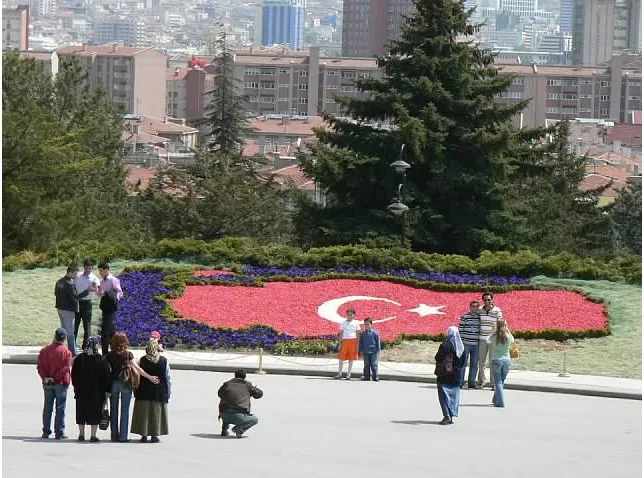Welcome to Turkey
We arrived in Turkey at a very interesting time. The Battle for Turkey’s Soul is afoot, pitting the “sons and daughters” of Atatürk (as well as the Turkish military) versus the “headscarf republic,” or Islamists. Hundreds of thousands of Turkish secularists have marched in Istanbul and Ankara at the slightest hint that the prime minister and president of this country both could come from the AK Party. Yet there are some people here that believe that the silent majority favors a government that has strong ties to faith.
Turkey is fascinating because it is the only majority Muslim country that is devoutly secularist. Atatürk’s mission to fashion Turkey into a modern republic included banning religious dress within state institutions. Therefore, for instance, women who wear headscarves and wish to study at the university must remove their scarves in the classroom. A revelation (to me) during these few weeks of constitutional crisis is that Prime Minister Erdo?an sends his daughter to school in the U.S. so that she can study at university AND wear a headscarf. It’s the difference of freedom from religion (Turkey) and freedom of religion (U.S.).
I cannot even personally begin to understand nor analyze the situation in Turkey. And, I don’t know if I want to – at least not in this forum. One thing I have come to learn in the few weeks that I have lived here is that Turks take themselves very, very seriously. As Jan Morris writes in the forward of Mary Lee Settle’s excellent book Turkish Reflections: A Biography of a Place:
“The echoes of historical quarrels, old and new, still swirl around the name of Turkey: the accusations of Greeks, the recriminations of Armenians, the clash between a secular state and a reviving Islam. One treads carefully in the Turkish presence. Turkey is no joke.”
It’s ironic to me because it seems that Turkey suffers from an identity crisis, even while the concept of “being Turkish” is something that’s written into the Turkish constitution. You may have heard of journalists and others being targeted for “insulting Turkishness.” The most notable casualty of this debate is Hrant Dink, an Armenian Turk who was targeted and killed for his suggestion that Turkey participated in a genocide against Armenians from 1915 to 1917. Turks do not deny that hundreds of Armenians died when they were marched from one part of the Ottoman Empire to the other. On the other hand, Armenians claim that it was thousands – perhaps millions – not hundreds who died during this forced deportation, thereby making this act a genocide. Again, I am just stating what both sides say about this issue and I am just now learning about this episode in history. PLEASE do not send nasty comments to me, one way or the other.
Islamists, genocide, a not-so-free press: Turkey is not a joke. So, after this post, you can pretty much guarantee that I will not write about Turkish politics or history. Go read a book. For example, it was just announced that exiled Turkish journalist Taner Akcam’s A Shameful Act just won the Minnesota Book Prize. Snow, by this year’s Nobel Prize winner Orhan Pamuk, is also an interesting read about Turkish history and identity.
So, the main thing is that I got the first post out of the way. While it may sound that Turkey is tense, it is also welcoming. I’ve only gotten a taste of famous Turkish hospitality, but I’m eager to sample more. Hopefully I will have the time and energy to share some snippets of Turkish life and travel with you over the next little while. In the meantime, ho?geldiniz!



